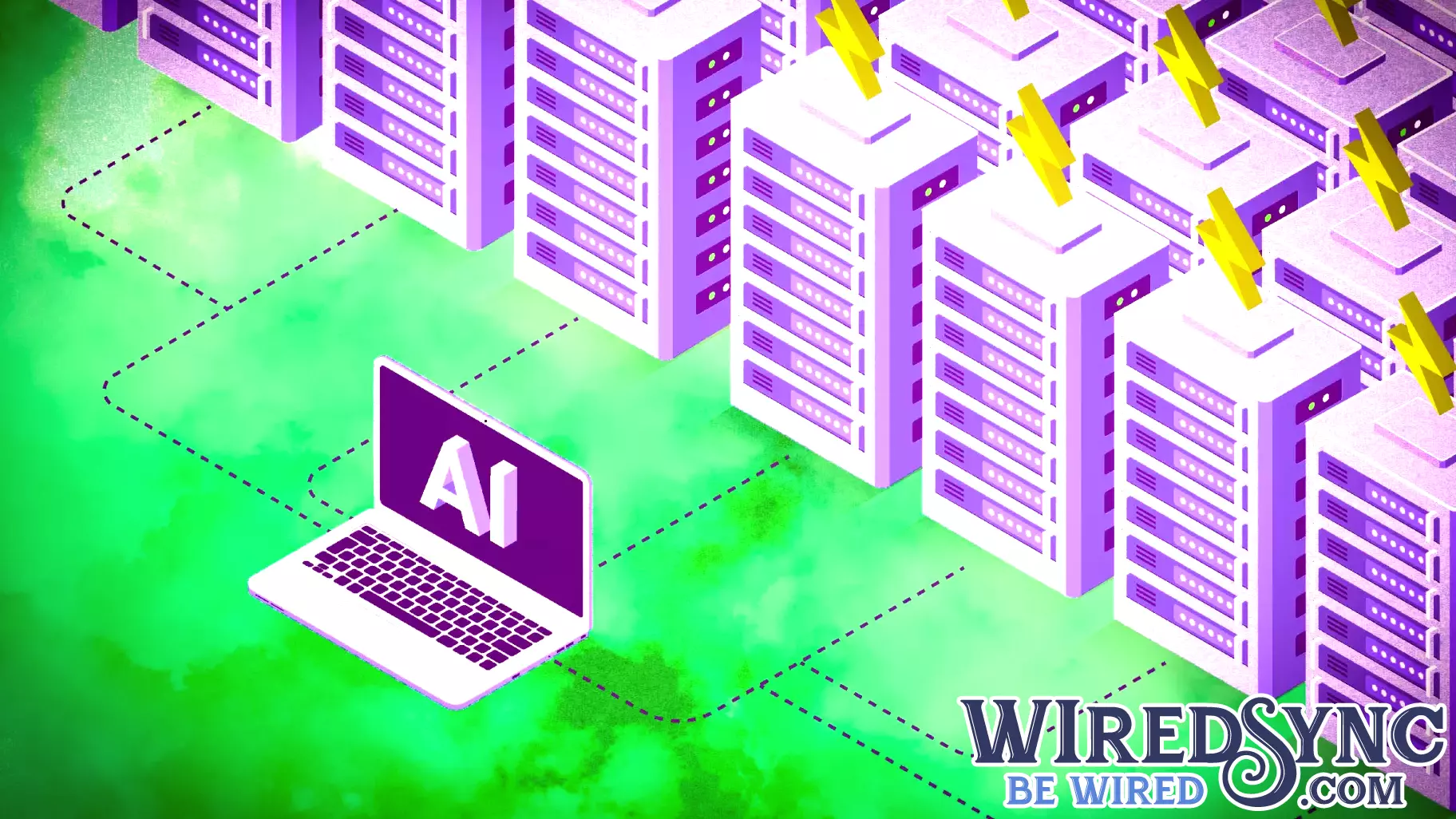Understanding the Environmental Impact of Generative AI
January 17, 2025 - 08:57

The rise of generative AI technologies has sparked a critical conversation about their environmental and sustainability implications. As these advanced systems become increasingly integrated into various industries, concerns regarding their energy consumption and carbon footprint have come to the forefront.
Generative AI models, particularly those that require extensive computational resources, can consume significant amounts of energy. This raises questions about the sustainability of their operations, especially in an era where climate change and environmental degradation are pressing global issues. The energy-intensive nature of training large AI models can lead to increased greenhouse gas emissions, depending on the energy sources used.
Moreover, the materials and resources required for the hardware that supports these technologies also contribute to environmental challenges. As the demand for AI capabilities grows, so does the need for more efficient systems and sustainable practices in the development and deployment of generative AI.
Addressing these concerns is crucial for ensuring that the benefits of generative AI do not come at the expense of the planet. Researchers and industry leaders are urged to explore ways to mitigate the environmental impact while harnessing the potential of these innovative technologies.
MORE NEWS

March 4, 2026 - 11:47
Top 4 tax technology trends for 2026 and beyondThe tax industry is on the cusp of a profound transformation, moving beyond simple digitization toward intelligent automation and seamless integration. By 2026, several key technological trends...

March 3, 2026 - 20:35
OpenAI could profit handsomely from Pentagon deal, says Big Technology's Alex KantrowitzA landmark agreement between OpenAI and the U.S. Department of Defense is drawing significant attention for its strategic and financial implications. According to analysis from Big Technology`s...

March 3, 2026 - 02:33
Senator sparks backlash after mocking 'goofy' technology that his house runs on: 'The hypocrisy is breathtaking'A U.S. Senator is under fire after making dismissive comments about clean energy technology, despite his personal residence being powered by the very systems he ridiculed. The incident has ignited...

March 2, 2026 - 19:55
Press Release: Pace University Celebrates Launch of Gale Epstein Center for Technology, Policy and the EnvironmentPace University has officially opened the Gale Epstein Center for Technology, Policy and the Environment in a ceremony at its Seidenberg School of Computer Science and Information Systems. This new...